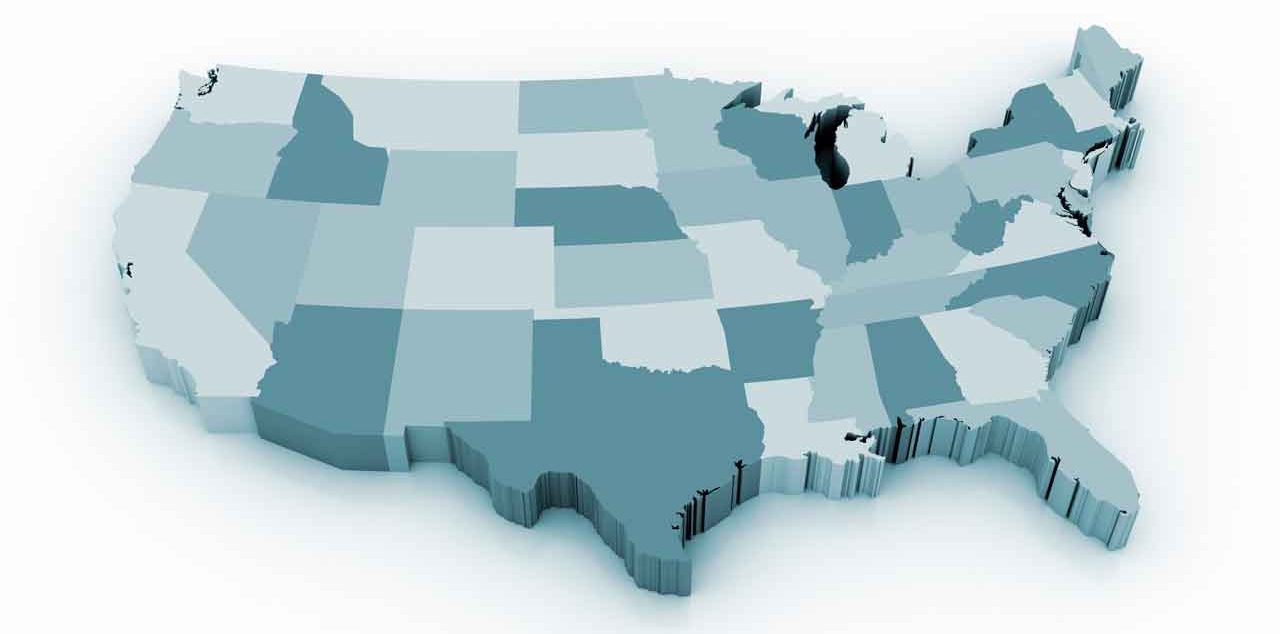States Take Action on Drug Prices

States, which pay more for drugs than the VA does, are looking to push drug-makers for stiffer discounts for their state insurance programs.
If you ask President Trump, drug companies are “getting away with murder.” Americans spend double on drugs as the French or Australians, and at times prices here skip up each quarter. And we seem to be getting fed up: In a poll in April, by the Kaiser Family Foundation, 92 percent said they favor letting the federal government negotiate lower drug prices for Medicare, and 72 percent favor creating an independent group to oversee drug pricing.
It’s already true that big buyers — both public and private — command discounts. The U.S. Department of Veterans Affairs (VA) and the Department of Defense (DOD) end up paying about half as much for drugs as retail pharmacies do. You’ll read that they require a 24 percent discount, but that’s just the beginning — the agencies negotiate more savings.
YOU MIGHT ALSO LIKE: States Banding to Investigate Opioid Sellers
Why is Medicare different? By law, it isn’t allowed to negotiate the way the other agencies do. Insurers in Medicare Part B have to fend for themselves and aren’t as successful. During the election campaign, President Trump said those rules should change.
The White House has leaked a draft of an executive order on drug pricing, and federal agencies have announced that they may take action, too.
But the states, which spend millions on drugs for prisoners, employees, and Medicaid recipients, aren’t waiting for federal help. Overall, Medicaid programs pay about a third less for drugs than insurers do under Medicare Part D. Still, they’re looking for a better deal.
Already in 2017, legislators in 20 states have introduced some kind of drug pricing change, including more than 60 “pricing transparency” bills.
Let’s look at some of the bigger states. In New York, Gov. Andrew Cuomo’s plan included a surcharge on drug-makers who demand too-high prices.
Updated:
March 31, 2020
Reviewed By:
Janet O’Dell, RN